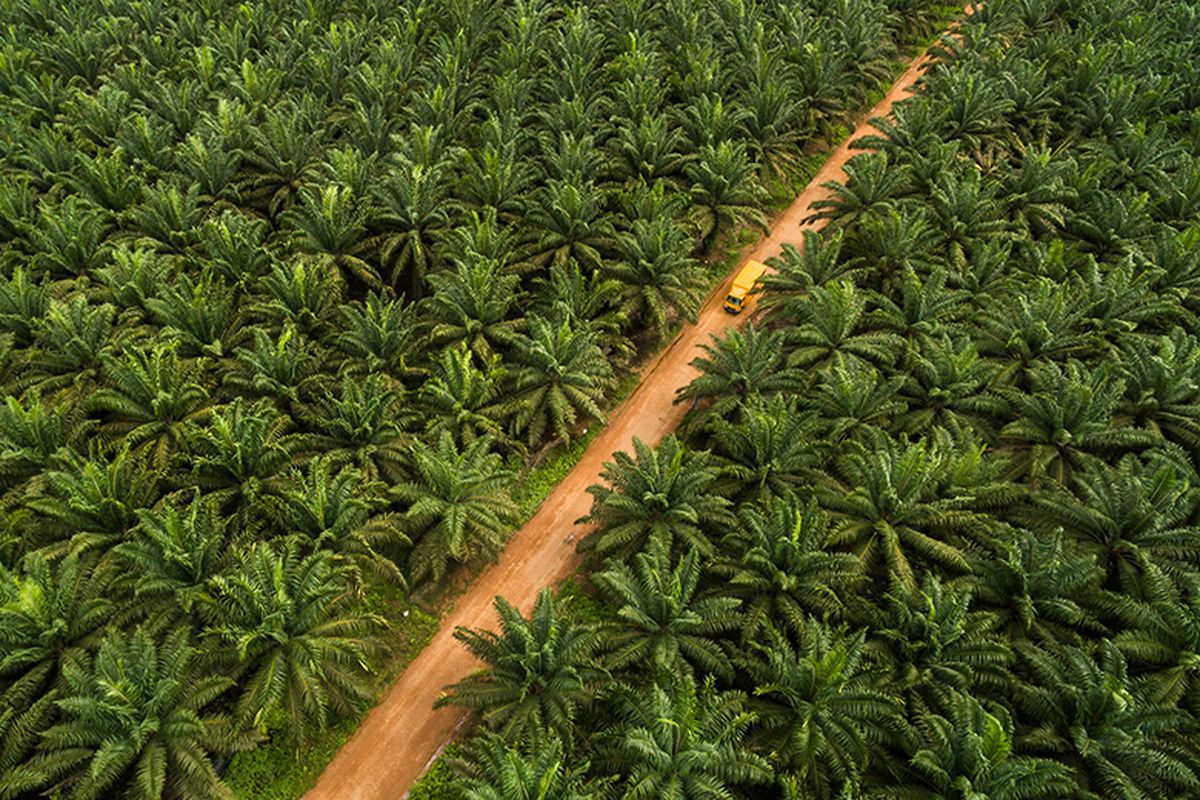
KOMPAS.com - Last weekend, the European Union launched a new green partnership with the Association of Southeast Asian Nations (ASEAN) that will see €30 million ($34 million) donated to the region’s green investment fund — the ASEAN Catalytic Green Finance Facility.
Days later at the annual China-ASEAN summit, Beijing vowed to step up its investment in green projects in the region and announced a new Action Plan on China-ASEAN Green Agriculture, according to a summary issued by China’s Foreign Ministry.
A report published last December by the European Council on Foreign Relations argued that increased funding of green initiatives could escalate tensions between the EU and China.
Also read: ASEAN Aims to Secure 23 Percent Renewable Energy by 2025
Climate action will increasingly intersect with “questions of geopolitical and geo-economic interest, particularly on trade and technology,” the report stated. “This means that it will no longer be possible to ringfence climate policy from the broader complexity of the Europe-China relationship.”
EU-China row
In December 2020, the EU became a “strategic partner” of the ASEAN bloc. The EU, now using its green investment as a form of “green diplomacy,” has significantly increased its leverage in the region as Southeast Asian states try to hedge against the US and China.
Josh Kurlantzick, senior fellow for Southeast Asia at the Council on Foreign Relations, said cooperation could be difficult because of “the drift away from China by some EU members, China’s increasingly aggressive diplomacy, and the fact that so much of China’s investment in Southeast Asia is environmentally unfriendly means.”
In March, Beijing placed sanctions on several European parliamentarians and think tanks in retaliation to Brussels who, just hours earlier, sanctioned two Chinese Communist Party officials in Xinjiang over alleged human rights abuses of the Uyghur population. An EU-China investment pact was subsequently put on hold.
Recently, the EU has also taken a more robust stance on the South China Sea and Taiwan. Taiwanese Foreign Minister Joseph Wu also made a secret visit to Brussels in late October, much to Beijing’s disappointment.
Working towards a greener economy
EU ambassador to ASEAN Igor Driesmans, however, feels optimistic about upcoming green projects with China.
Also read: France Allocates 500 Million Euro Support for Indonesia’s Energy Transition
Under the framework of the International Platform on Sustainable Finance, “the EU and China are working together on greater convergence of taxonomies of green finance and investments, including identifying and assessing the commonalities and differences in our respective approaches and outcomes,” Driesmans told DW.
The platform was launched in 2019 by the EU and China, together with six other countries, to coordinate rules and standards on green finance.
































